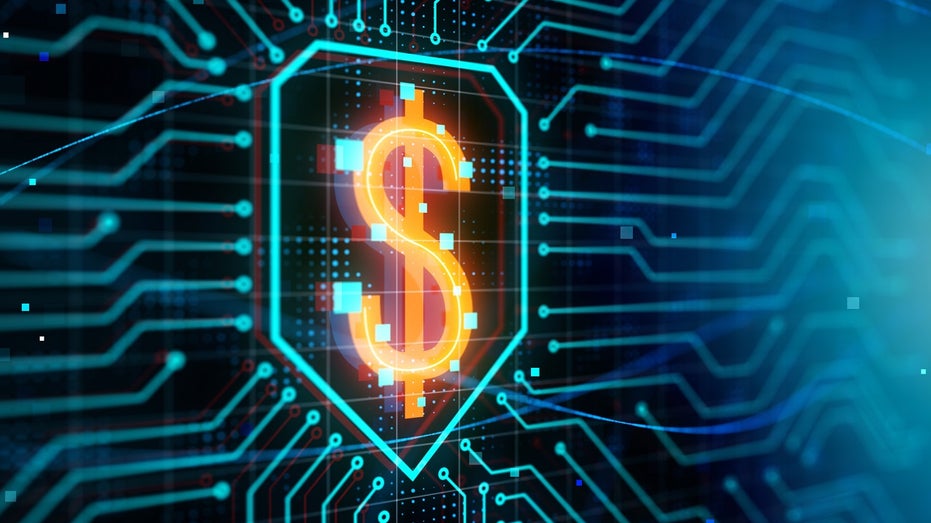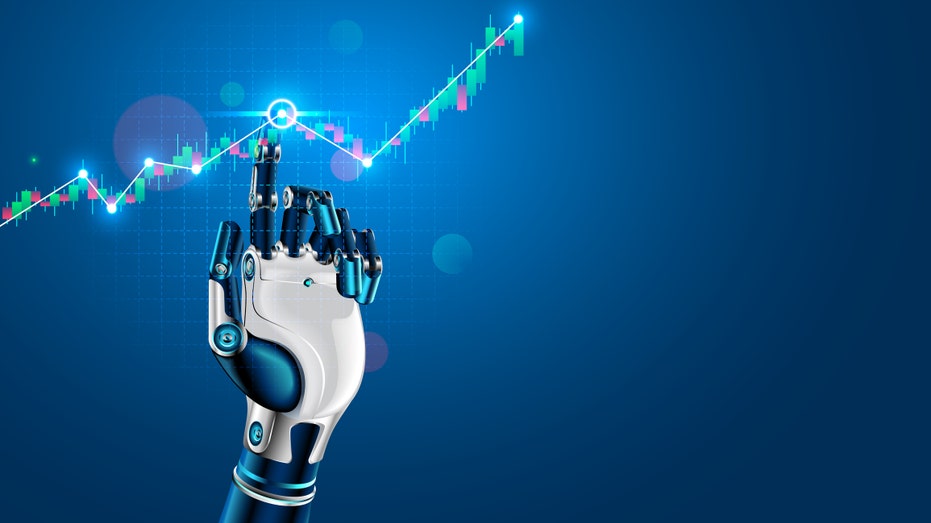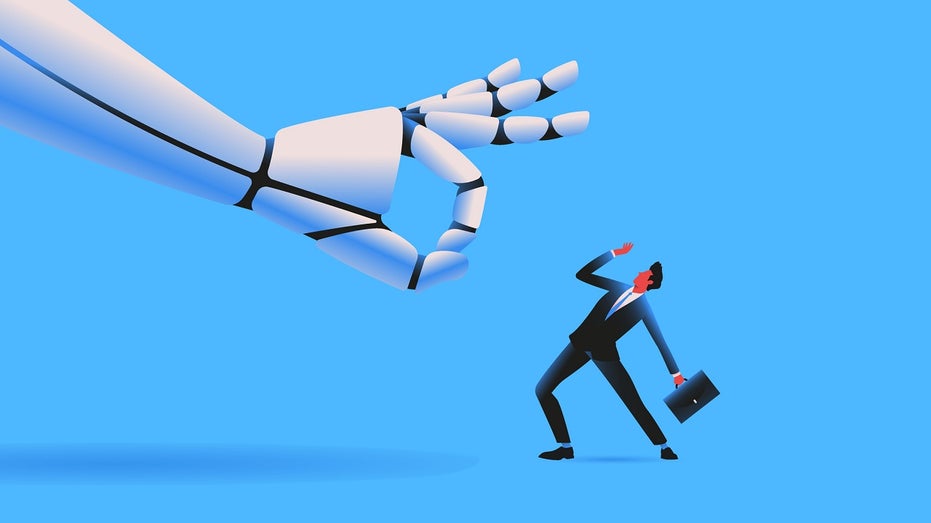Generative AI will add trillions to global economy: McKinsey
Utilizing artificial intelligence tools like ChatGPT amounts to significant production boost across industries
Artificial intelligence will ‘no doubt’ cause job loss: Carmine Di Sibio
Carmine Di Sibio, global chairman of consulting firm Ernst & Young, joined ‘Mornings with Maria’ to discuss the U.S. Treasury’s $1T debt deluge and artificial intelligence.
The introduction of generative artificial intelligence tools like OpenAI’s ChatGPT is expected to add trillions of dollars a year of value to the global economy. And that's not even accounting for all the ways it can be used.
Global management consulting firm McKinsey & Company released a report Monday, "The economic potential of generative AI: The next productivity frontier," which found the use of generative AI in 63 applications it studied would boost the economy worldwide by anywhere from $2.6 trillion to $4.4 trillion.

McKinsey & Company's latest report says generative AI could mean trillions in boosted value for the global economy. (iStock / iStock)
For comparison, the study noted the entire gross domestic product of the United Kingdom was $3.1 trillion in 2021.
The researchers said impact may double if generative AI was embedded across the board into software for other tasks it did not study.
McKinsey looked at targeted applications of tasks by which generative AI could assist across 16 business functions and assessed AI's potential impact on the work activities of some 850 jobs.
Roughly three-quarters of the potential value added from cases McKinsey analyzed fell into four areas the study said could be "transformed." Those areas were customer operations, marketing and sales, software engineering and research and development.
But the report said generative AI "will have a significant impact across all industry sectors."

A new report from McKinsey & Company says every industry sector globally will be impacted by generative AI. (iStock / iStock)
Banking, tech and life sciences can expect the largest boost in added value, the report said. The banking industry, for instance, could see an increase of anywhere from $200 billion to $340 billion a year, while retail and consumer packaged goods could benefit to the tune of $400 billion to $660 billion by using generative AI.
Prior to the introduction of ChatGPT, McKinsey had estimated that AI technology had the potential to automate half the time employees spent working. Now, the firm believes it could absorb somewhere between 60 and 70% of workers' time.
The consulting giant also boosted its estimate of how much the economic value of nongenerative AI could increase economic value on an annual basis by 15% to 40%, saying it will amount to some $11 trillion to $17.7 trillion.
USING AI FOR SEO MARKETING? YOU COULD BE DOING MORE HARM THAN GOOD
The report also acknowledged the risks associated with adopting generative AI and stressed using it responsibly, warning of a variety of concerns, including those related to intellectual property rights, reliability, privacy and security.
The researchers noted the technology "could significantly affect the workforce, and the impact on specific groups and local communities could be disproportionately negative."

The occupations most at risk of automation from generative AI are those that require higher levels of education, according to McKinsey. (iStock / iStock)
The occupations that can expect the highest levels of automation from generative AI are those that require the highest levels of education, according to the findings, which is a shift from different technological advances of the past.
GET FOX BUSINESS ON THE GO BY CLICKING HERE
McKinsey explained, "AI’s impact is likely to most transform the work of higher-wage knowledge workers because of advances in the technical automation potential of their activities, which were previously considered to be relatively immune from automation."





















